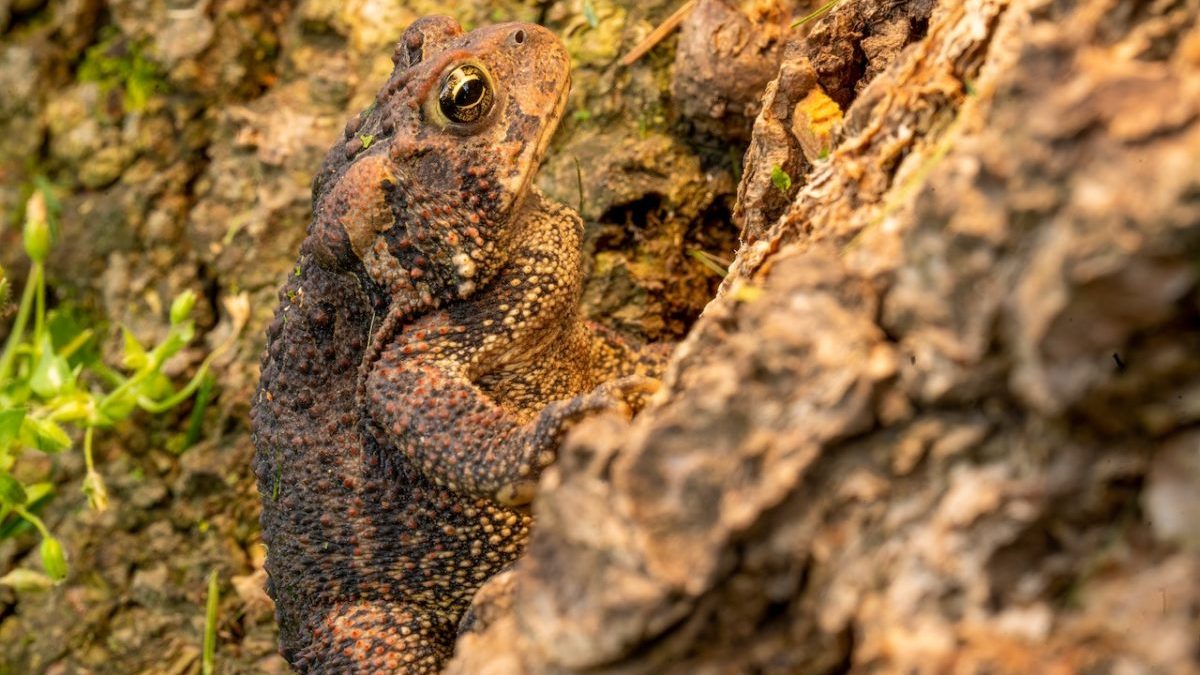Health
National Park Service warns people to stop licking psychedelic toads

WHAT YOU NEED TO KNOW:
- The National Park Service is asking visitors not to lick toads or anything else unfamiliar they find in the parks.
- Some people risk potential poisoning from the psychoactive properties of toad secretions.
- The psychedelic secretion from the Sonoran Desert toad is often extracted from its glands and then dried into a paste that can be smoked.
The National Park Service is advising park visitors to refrain from licking the Sonoran Desert toad.
Also called the Colorado River toad, it is one of the largest toads in North America, growing to nearly seven inches. It emits a “weak, low-pitched sound” that lasts less than a second.
The toad secretes a potent toxin that according to experts can make people sick if they touch the frog or get the poison in their mouths.
“As we say with most things you come across in a national park, whether it be a banana slug, unfamiliar mushroom, or a large toad with glowing eyes in the dead of night, please refrain from licking,” the National Park Service said.
The toad can be found near springs, reservoirs and streams in Mexico and parts of the American Southwest. Some people reportedly lick the toad to chase hallucinogenic highs as its secretions contain a psychedelic chemical called 5-MeO-DMT.
The psychedelic substance is extracted from the frog’s glands and then dried into a paste that can be smoked.
“The experience is going to start within 10 to 30 seconds, and then you’re going to be physically incapacitated for 20 to 30 minutes,” said Alan Davis, a Johns Hopkins psychedelics researcher.
The U.S. has classified 5-MeO-DMT as a Schedule 1 controlled drug, which means it has no accepted medical use and it’s illegal to manufacture, distribute, possess, or buy.
Personalities such as Mike Tyson, HGTV’s Christina Hall, and Hunter Biden have previously admitted to smoking toad venom to treat their drug addiction or anxiety.
New Mexico’s Department of Game & Fish considered the toad species threatened because of “collectors that want to use the animal for drug use” among other factors. The toad is classified as endangered in California and the state has outlawed its venom, according to the Oakland Zoo.
Source: Fox News
